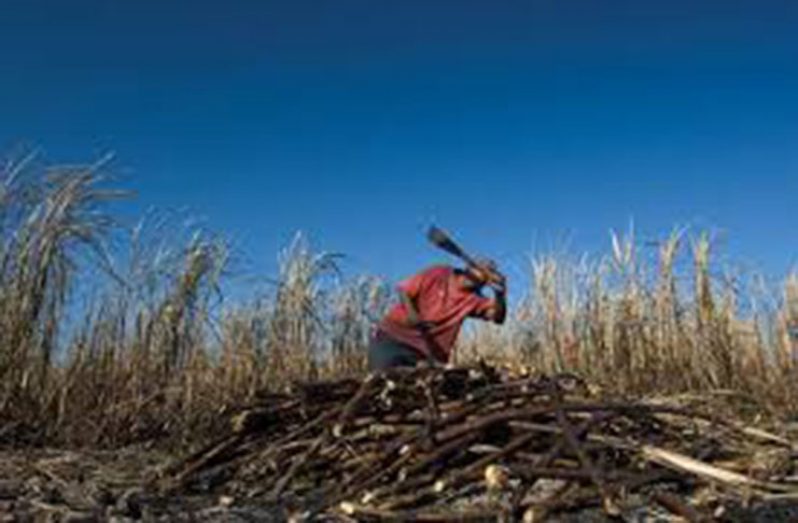MONEY injected into sugar in its current state is money wasted, Finance Minister Winston Jordan said, contending that it would make no impact on the operating losses and cash deficit status of the industry.
“The status quo of the sugar industry can neither be sustained nor maintained. As currently structured, the industry would require Government’s support to the tune of $18.6 billion and $21.4 billion for the years 2017 and 2018, respectively,” he told the House in his budget presentation on Monday.
This is an untenable position, the minister said, pointing out that it would seriously jeopardise the fiscal stance of the Government, while compromising resource allocation to other critical and important areas.
“Radical re-organising of the sugar industry is required as a matter of urgency, for the continued postponement of the hard decisions on GuySuCo’s future would result in the corporation incurring even more debts (estimated currently at $80 billion) and an escalation of the demands on the Treasury.”
Recognising this grave situation, a Cabinet Sub-Committee has been established, tasked with making definitive recommendations for implementation by the end of 2016.
This committee, Jordan said, has been examining all options and will make a full report to the Cabinet shortly.
Meanwhile, for 2017 the Government has made an allocation of $9 billion to support the financing of GuySuCo’s operations. This brings to $32 billion, the amount of resources that would have been provided to the Corporation since August 2015.
Turning his attention to rice, Jordan said in order to improve the livelihoods and income of rice farmers, as well as contribute to national food security, works are apace to decentralise the production of seed paddy and introduce new high-yielding rice.
This will see the launch of candidate varieties of rice across the regions, and will be accompanied by specially designed research and extension programmes, formulated to improve productivity at all levels for farmers, millers, and exporters.
Next year, diversification in the specialty rice varieties, such as aromatic rice, will continue, and increased emphasis will be placed on the development of value-added products such as rice/wheat flour blends, rice noodles, pasta, and pre-cooked rice products.



.jpg)









